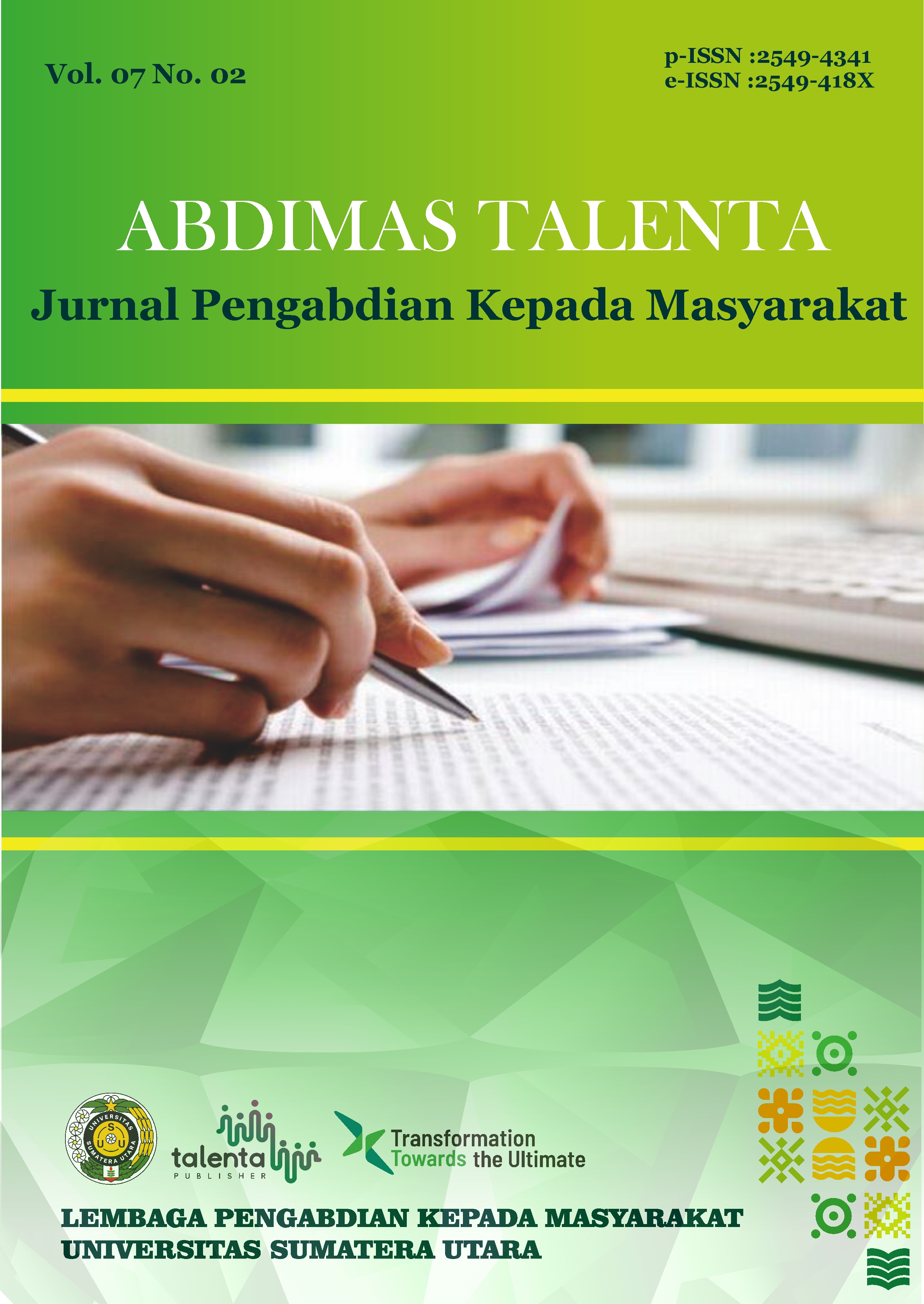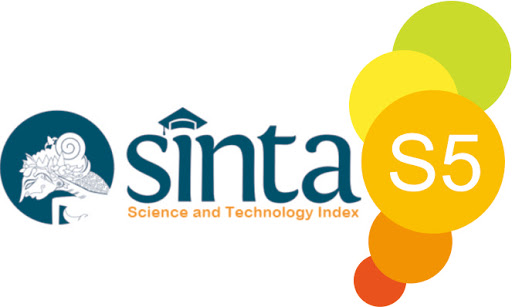Nolobranti tourism development in Wangkal village Gading district of Probolinggo regency become agroeduwisata
DOI:
https://doi.org/10.32734/abdimastalenta.v7i2.8750Keywords:
Nolobranti, Wangkal, AgroeduwisataAbstract
Wangkal Village is one of the villages in Gading District of Probolinggo Regency that has agricultural potential that supports tourism development. Agricultural potential includes abundant water conditions so that people prefer to grow rice every year and be used for freshwater fish cultivation. Another potential that now exists in Wangkal village is the Nolobranti River Tubing tour. This tour offers the concept of tubing down the river along the village of Wangkal. This tour in the dry season is less running because the water discharge is reduced. The Wangkal village government wants to develop agricultural potential and serve as a center for education for the community and tourists who are traveling in Nolobranti. The problem of nolobranti tourism development, among others, this tourist spot only provides river tubing packages. Therefore, it is necessary for the development of nolobranti tourism to become a place of education in the field of agriculture by developing freshwater fisheries combined with rice farming and becoming an educational center for organic agricultural startups. The hope is that this tourist area will not only become a tourist transit, but also a place of education as an agroeduwisata. Agroeduwisata area will be able to offer tour packages, among others: farming various types of vegetables, getting to know sewage treatment, getting to know fish and livestock cultivation, making biopesticides, biofertilizers, packages feeding freshwater fish, airy tours about organic agricultural systems or rice minas, business motivation and other trainings. The results of the service activities show that the community has been able to produce biological products such as making biopesticides, learning the cultivation of black flies to process waste and freshwater cultivation combined with aquponics and mina padi (rice-fish integrated farming system).
Downloads
Downloads
Published
Issue
Section
License
Copyright (c) 2022 ABDIMAS TALENTA: Jurnal Pengabdian Kepada Masyarakat

This work is licensed under a Creative Commons Attribution-ShareAlike 4.0 International License.
The Authors submitting a manuscript do so on the understanding that if accepted for publication, copyright of the article shall be assigned to Jurnal Abdimas TALENTA as well as TALENTA Publisher Universitas Sumatera Utara as the publisher of the journal.
Copyright encompasses exclusive rights to reproduce and deliver the article in all forms and media. The reproduction of any part of this journal, its storage in databases and its transmission by any form or media, will be allowed only with written permission from Jurnal Abdimas TALENTA.
The Copyright Transfer Form can be downloaded here.
The copyright form should be signed originally and sent to the Editorial Office in the form of original mail or scanned document.












